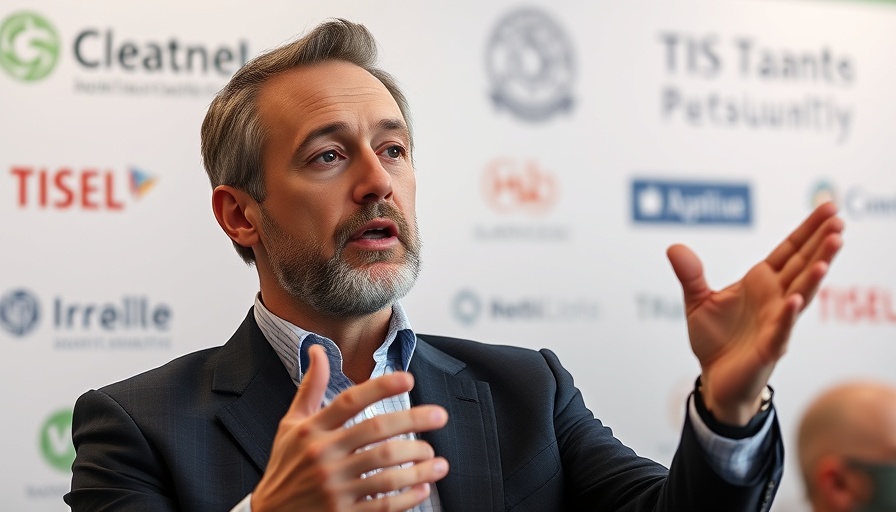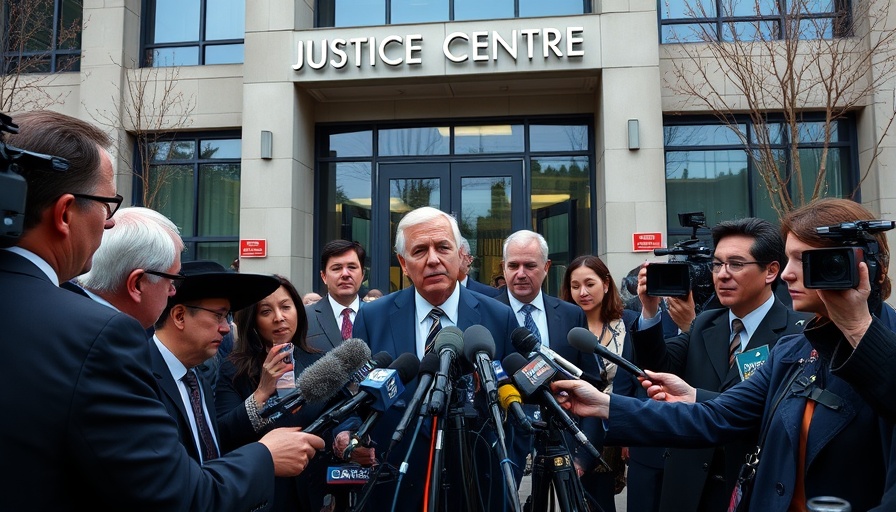
The Stakes of the Debt Ceiling Debate
The debate surrounding the U.S. debt ceiling is heating up, as House Speaker Kevin McCarthy faces pressure from both his Republican colleagues and the broader American public. The stakes couldn't be higher for millions of Americans who rely on government services. The situation not only poses a risk to the economy but also invites a wave of uncertainty that could affect markets, jobs, and social programs essential for everyday citizens. McCarthy's challenge is significant: can he unite his party's factions to present a cohesive approach?
Historical Context: A Recurrent Theme
The debt ceiling issue is not new. Historically, political parties have used this mechanism as a bargaining tool to achieve other legislative goals. Since it was first instituted in 1917, Congress has raised or suspended the debt ceiling numerous times. Each time, the debate ignites fierce political divisions. However, the urgency escalates with every passing day as deadlines approach. For many, the stakes surpass mere numbers; they translate into tangible consequences, such as delayed payments for Social Security, disability benefits, and military salaries.
Implications for Everyday Americans
As the deadline approaches, ordinary citizens may feel the brunt of this political standoff. Leaders from various sectors, including social services and healthcare providers, warn that failure to navigate this crisis could lead to a chain reaction of economic disruptions. For instance, the potential halt of government payments could cripple many families already living paycheck to paycheck.
Political Motivations: Inside the Republican Party
McCarthy's role in this unfolding drama highlights the internal dynamics within the GOP. With a faction of hardline conservatives opposing any compromise, pressure mounts not just from Democrats but from moderates within his party as well. The political calculus is complicated: will he prioritize party unity over the well-being of constituents? The answers to these questions could define a new era in U.S. governance.
Public Sentiment: A Divided Nation
Recent polling indicates that a majority of Americans are concerned about the potential fallout from a debt ceiling standoff. Amidst rising inflation and economic uncertainty, public opinion may sway both parties ahead of the midterm elections. Politicians who seem out of touch with the struggles of average Americans risk losing their foothold as constituents demand accountability and solutions.
Future Trends: Preparing for What Lies Ahead
The upcoming weeks will be crucial in determining the economic landscape of the nation. Experts suggest that, barring any unexpected breakthroughs, the political gridlock could lead to significant repercussions. Depending on the outcome, Americans could face not just immediate financial stress, but long-term impacts on public trust in governance. As McCarthy attempts to corral his party, the clock is ticking — will he succeed in averting catastrophe?
Actionable Insights: What Citizens Can Do
It’s essential for citizens to stay informed during this time. Engaging with representatives, attending town halls, and discussing the impact of the debt ceiling with peers can create a ripple effect. By voicing concerns and preferences, constituents can influence how representatives negotiate, reminding officials that the stakes are personal and the voices of the people matter. Civic engagement, even in chaotic times, remains our strongest tool.
In summary, as McCarthy grapples with the debt ceiling and the diverging priorities within his party, the ramifications of inaction could reverberate across every American household. Navigating this delicate balance will ultimately determine not just the future of the economy, but the trust the public places in their elected officials.
 Add Row
Add Row  Add
Add 



Write A Comment